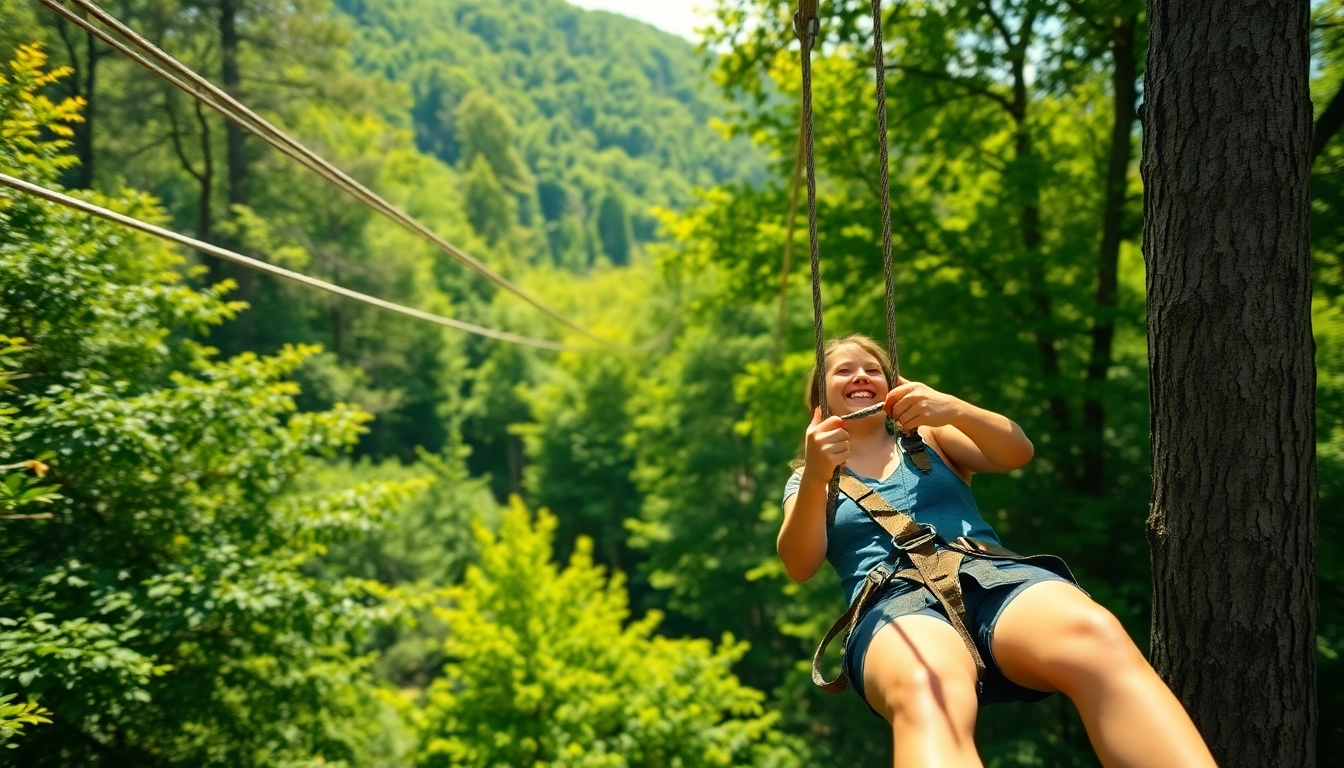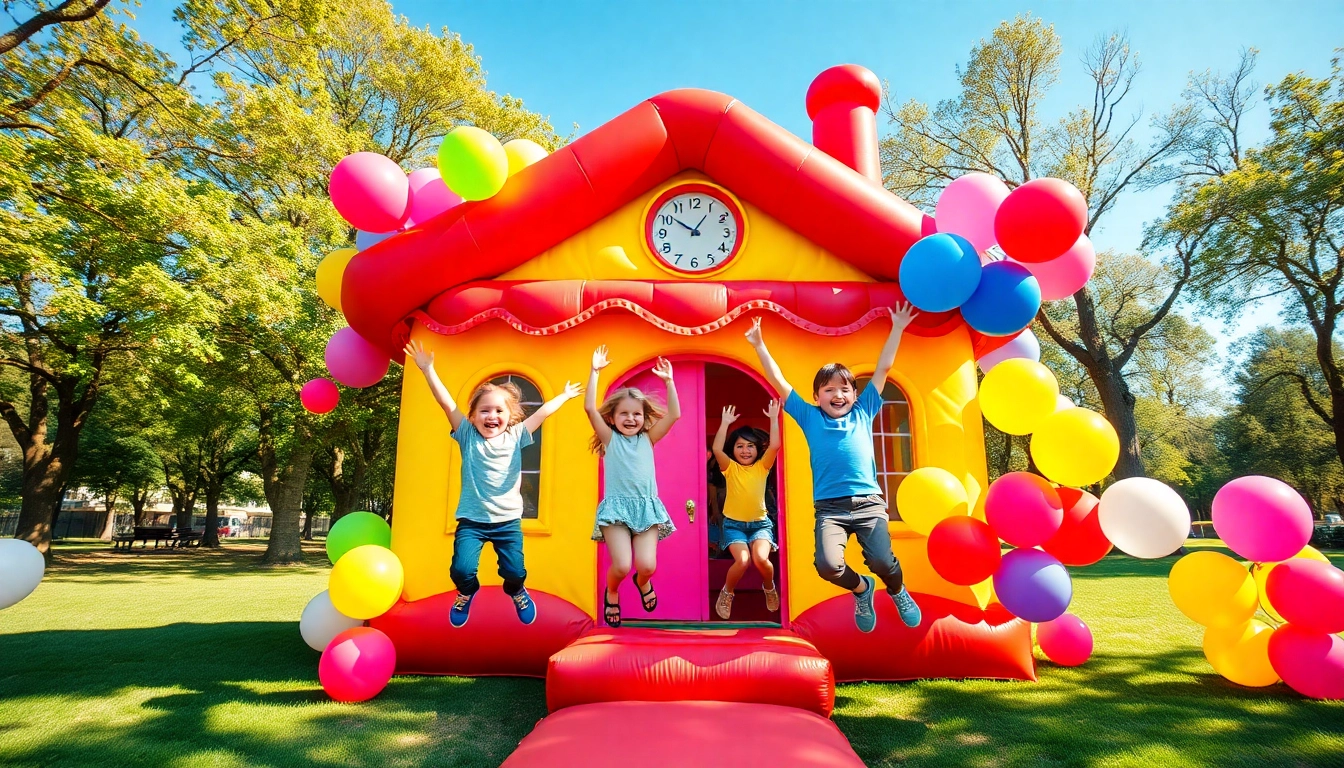As the school year winds down, parents are often faced with the challenge of keeping their children engaged, active, and entertained during holiday breaks. One popular solution that has stood the test of time is holiday camps. These camps provide a unique environment where children can learn new skills, make friends, and enjoy a variety of activities. Whether you’re looking for day camps or residential options, holiday camps offer a plethora of opportunities to keep kids busy. In this comprehensive guide, we’ll delve into the world of holiday camps, exploring their history, different types, benefits, and tips for selecting the right camp for your child.
Understanding Holiday Camps: A Comprehensive Overview
What Are Holiday Camps?
Holiday camps are organized programs where children can participate in various activities during school holiday breaks. These camps typically cater to children aged 5 to 16, providing a range of programs that vary from sports and arts to academic enrichment. The primary aim of holiday camps is to keep children engaged and entertained while offering them opportunities to learn new skills and form lasting relationships.
History and Evolution of Holiday Camps
The concept of holiday camps traces its origins back to the early 20th century, particularly in the UK, where the idea was to offer working-class families affordable holiday experiences. One of the first holiday camps, Butlin’s, was established in 1936, aimed at providing families with a playful and structured environment. Over the decades, holiday camps evolved, transitioning from simple accommodations with few structured activities to modern camps that now offer a diverse range of specialized programs, interactive learning experiences, and themed sessions.
Key Features of Modern Holiday Camps
Today’s holiday camps are designed to provide fun, education, and social interaction. Key features often include:
- Structured Activities: Programs often include sports, crafts, adventure activities, and cultural experiences.
- Qualified Staff: Many camps employ trained professionals who specialize in working with children and adolescents.
- Safety Protocols: Camps ensure adherence to safety guidelines, including child-to-staff ratios and emergency procedures.
- Themed Weeks: Certain camps might focus on specific themes, such as science, nature, art, or sports.
- Inclusivity: Modern camps are typically designed to accommodate children with varying needs and backgrounds.
Types of Holiday Camps Available
Day Camps vs. Residential Camps
When considering holiday camps, it’s crucial to understand the differences between day camps and residential camps. Day camps generally run during the day and require children to be dropped off and picked up by parents. These camps allow families to maintain their current routines while offering enriching experiences for children. On the other hand, residential camps last several days or weeks, providing overnight accommodations. These immersive experiences allow children to develop independence and build sustained friendships.
Specialty Camps: Focus Areas and Themes
Specialty camps focus on particular interests or activities like sports, arts, science, or outdoor adventure. For instance, a sports camp may offer training in soccer, basketball, or swimming, while an arts camp may focus on painting, theater, or music. Specialty camps are attractive for children who want to dive deeper into their interests, allowing them to refine skills and achieve a sense of accomplishment.
Seasonal Holiday Camps: Timing and Offers
Seasonal holiday camps correlate with school schedules, running during major holiday breaks such as summer, winter, spring, and even specific long weekends like Labor Day. Many camps create special promotional offers for seasonal registration, making it essential to plan ahead for availability and pricing.
The Benefits of Attending Holiday Camps
Building New Skills and Friendships
Attending holiday camps provides children with countless opportunities to learn new skills while forging friendships that can last a lifetime. Through group activities, teamwork is fostered, instilling values like collaboration and communication. The diverse environment of a camp allows kids to meet peers from different backgrounds, further enhancing their social skills.
Enhancing Creativity and Physical Activity
Holiday camps often focus on a well-rounded experience by incorporating creative outlets such as arts and crafts, music, and drama. Simultaneously, they encourage physical activity through sports and outdoor adventures, promoting a healthy lifestyle. Engaging in both creative and physical activities can help children develop a balanced skill set.
Boosting Independence and Confidence
Being away from home, whether in a residential camp or attending a day camp independently, provides children with a chance to develop their independence. The new challenges they face help to build resilience and confidence. Children learn to navigate social situations, make decisions, and adapt to new environments, all of which are crucial life skills.
Finding the Right Holiday Camp for Your Child
Factors to Consider: Location and Cost
When searching for the right holiday camp, factors like location and cost are paramount. Camps located closer to home can ease logistical challenges and reduce transportation costs. Consider the financial aspect; some camps may offer tiered pricing based on income levels or scholarships for families in need, making it essential to inquire about all available options.
Assessing Program Quality and Safety Standards
Researching a holiday camp’s program quality is essential. Look for accreditations from recognized organizations and check their staff qualifications and experience. Safety standards are also crucial; make sure to inquire about emergency procedures, child protection policies, and overall camp safety protocols. A visit to the camp facility during an open house or tour can also provide invaluable insight into the environment and quality of care offered.
Reviews and Recommendations for Parents
Word-of-mouth recommendations from other parents can be a powerful tool when selecting a camp. Additionally, reading online reviews can provide insights into the experiences of previous campers and their parents. Key aspects to look for in feedback may include the quality of activities, the behavior of staff, and the overall satisfaction of the campers.
Creating Memorable Experiences at Holiday Camps
Engaging Activities and Camp Traditions
Each holiday camp brings its own unique flair, often developed through engaging traditions and activities. Whether it’s campfire storytelling, end-of-camp talent shows, or themed dress-up days, these shared experiences create lasting memories for children. Engaging diverse activities allows children to explore their interests in a supportive environment, fostering a sense of belonging.
Making the Most of Camp Time: Tips for Parents
To optimize your child’s camp experience, parents can take several steps. Firstly, have open conversations with your child about their expectations and concerns regarding camp. Encouraging them to set personal goals for what they wish to achieve can help shape their mindset. Lastly, reinforcing the importance of flexibility and adaptability can prepare children to embrace new experiences with a positive attitude.
Encouraging Camp Reflections and Sharing
After returning home, encourage your child to share their adventures and experiences. Reflecting on their time at camp not only reinforces their learning but also helps them feel valued and heard. Consider creating a scrapbook of their camp activities, photos, and accomplishments to celebrate their experience and provide a tangible keepsake.



